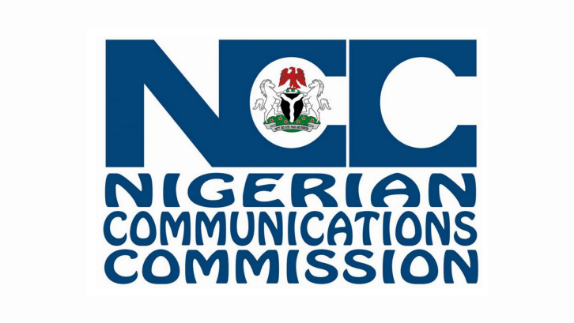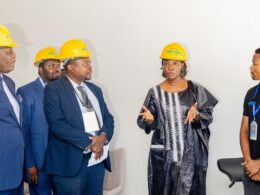Nigeria’s telecom regulator is mobilizing a national defense strategy to protect critical digital infrastructure after a presidential order elevated fiber cables and cell towers to the same security classification as military installations.
The Nigerian Communications Commission (NCC) announced sweeping new protection measures at this week’s Association of Telecommunications Companies of Nigeria (ATCON) meeting in Abuja, describing telecom resilience as a “national imperative” in the face of escalating cyber and physical attacks.
The move comes after President Bola Tinubu’s June 2024 executive order classified telecommunications assets as Critical National Information Infrastructure (CNII), fundamentally changing how Nigeria approaches digital security. The designation puts fiber optic cables, cell towers, and data centers in the same protective category as power plants and government facilities.
The digital economy under siege
Nigeria’s digital transformation success makes it an attractive target. With over 171 million mobile subscribers and a teledensity of 79.22%, the country’s telecom sector contributed 14.4% to GDP in Q4 2024, making it one of Africa’s most valuable digital economies.
But this growth has painted a massive target on Nigeria’s digital backbone. The latest Deloitte Nigeria Cybersecurity Outlook Report documented a surge in cyberattacks throughout 2024, while telecom operators report 30 to 43 daily fiber cuts from vandalism, sabotage, and organized theft.
“The scale is staggering,” said one telecom executive who requested anonymity. “We’re essentially fighting a daily war against people who see our cables as copper ATMs.”
Multi-front defense strategy
The NCC’s protection plan reads like a national security operation. Key initiatives include:
Asset mapping at scale: A comprehensive nationwide survey to catalog every critical telecom asset, creating what amounts to a classified digital infrastructure database.
CNII Protection Plan: Direct collaboration with the Office of the National Security Adviser to develop protection protocols typically reserved for military assets.
Regulatory harmony: Working to eliminate bureaucratic friction between federal and state authorities that often delays infrastructure protection. The NCC has already proven this works, helping resume stalled fiber deployments in Osun and Kogi States through targeted mediation.
Community engagement: Public awareness campaigns positioning local telecom infrastructure as community assets worth protecting, not targets for theft.
The enforcement equation
While emphasizing collaboration, the NCC made clear that regulatory muscle will follow when needed. The commission is walking a careful line between industry partnership and government enforcement—a balance that will likely determine the initiative’s success.
“We’re not just regulators anymore,” explained Dr. Aminu Maida, Executive Vice Chairman of the NCC. “The security and resilience of our national infrastructure is not negotiable. The success of the Presidential Order depends on the active participation of all stakeholders.”
The broader implications
Nigeria’s infrastructure protection push reflects a global trend of governments recognizing telecommunications as national security assets rather than just commercial infrastructure. The initiative could serve as a model for other African nations grappling with similar infrastructure vulnerabilities.
The economic stakes are enormous. With Nigeria positioning itself as Africa’s fintech and digital services hub, telecom infrastructure reliability directly impacts everything from mobile banking adoption to foreign investment confidence.
The NCC is calling for what amounts to a digital social contract: operators must invest in more resilient infrastructure, governments must streamline protection regulations, and communities must view telecom facilities as shared national assets.
Whether this ambitious protection framework can keep pace with evolving threats will largely determine if Nigeria can maintain its digital economy momentum or become a cautionary tale about infrastructure vulnerability in emerging markets.
The commission’s message is clear: Nigeria’s digital future depends on treating its telecommunications infrastructure like the national treasure it has become.












